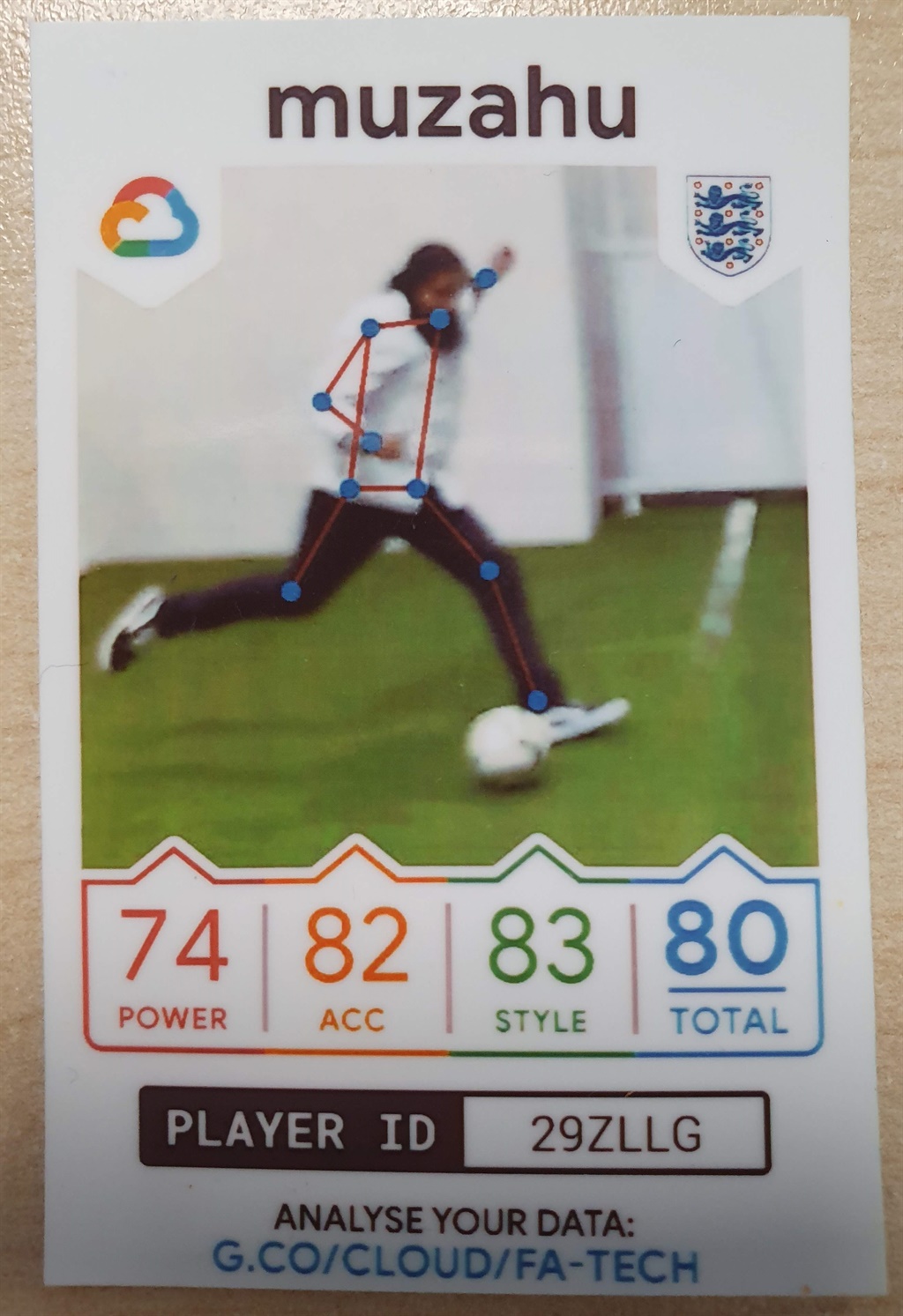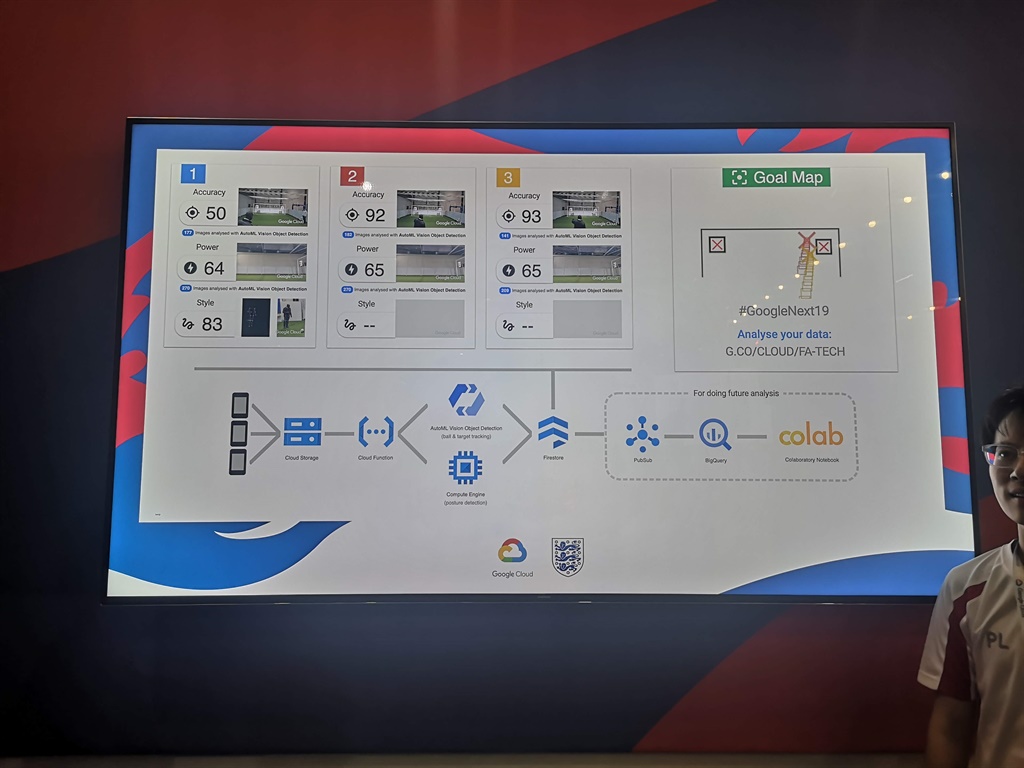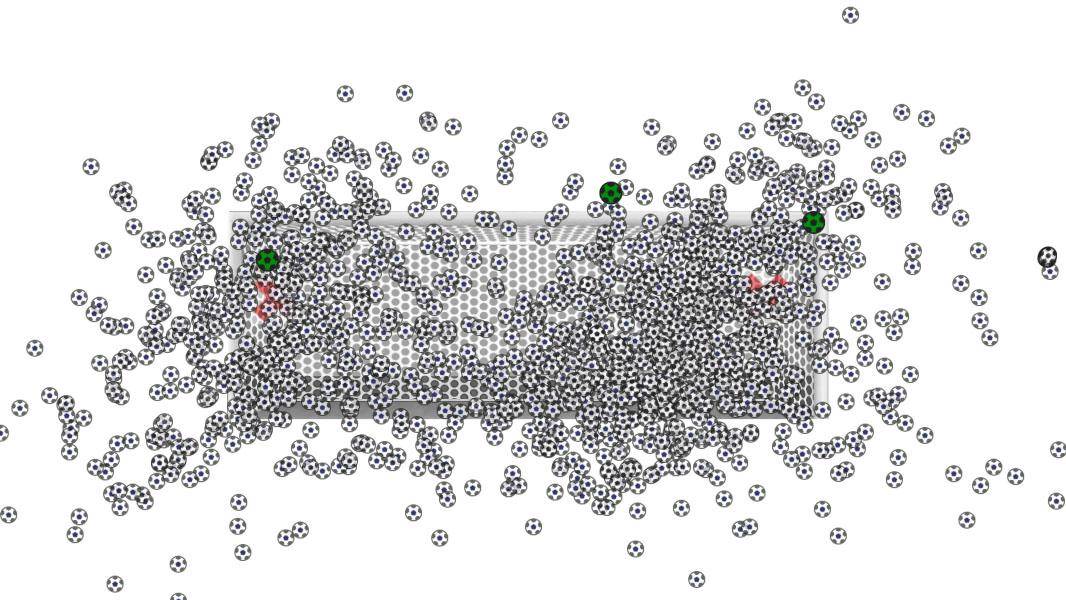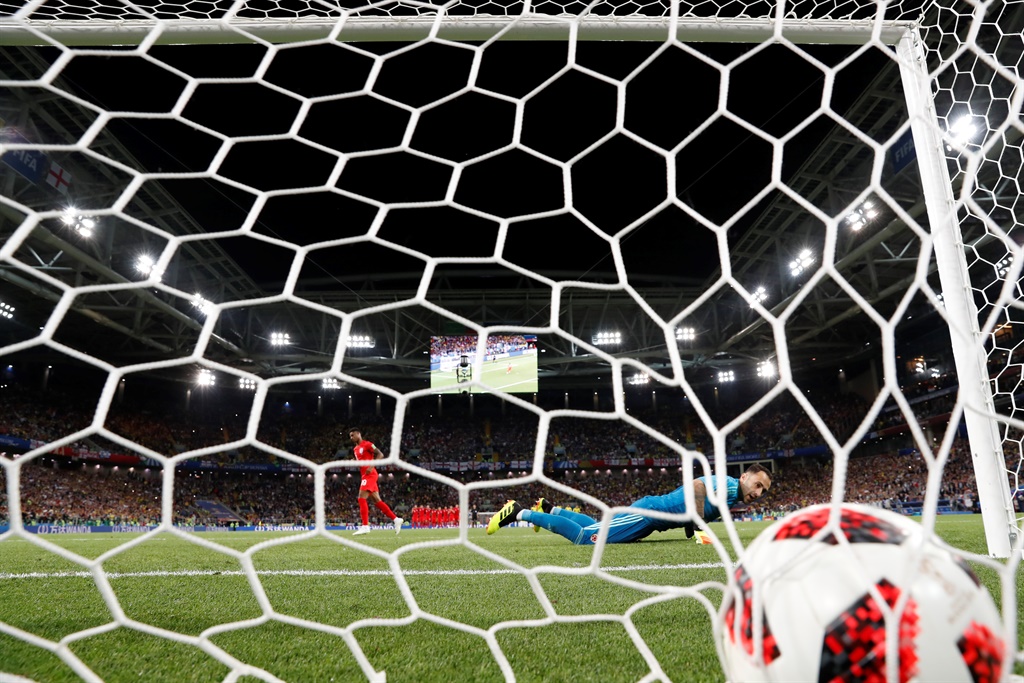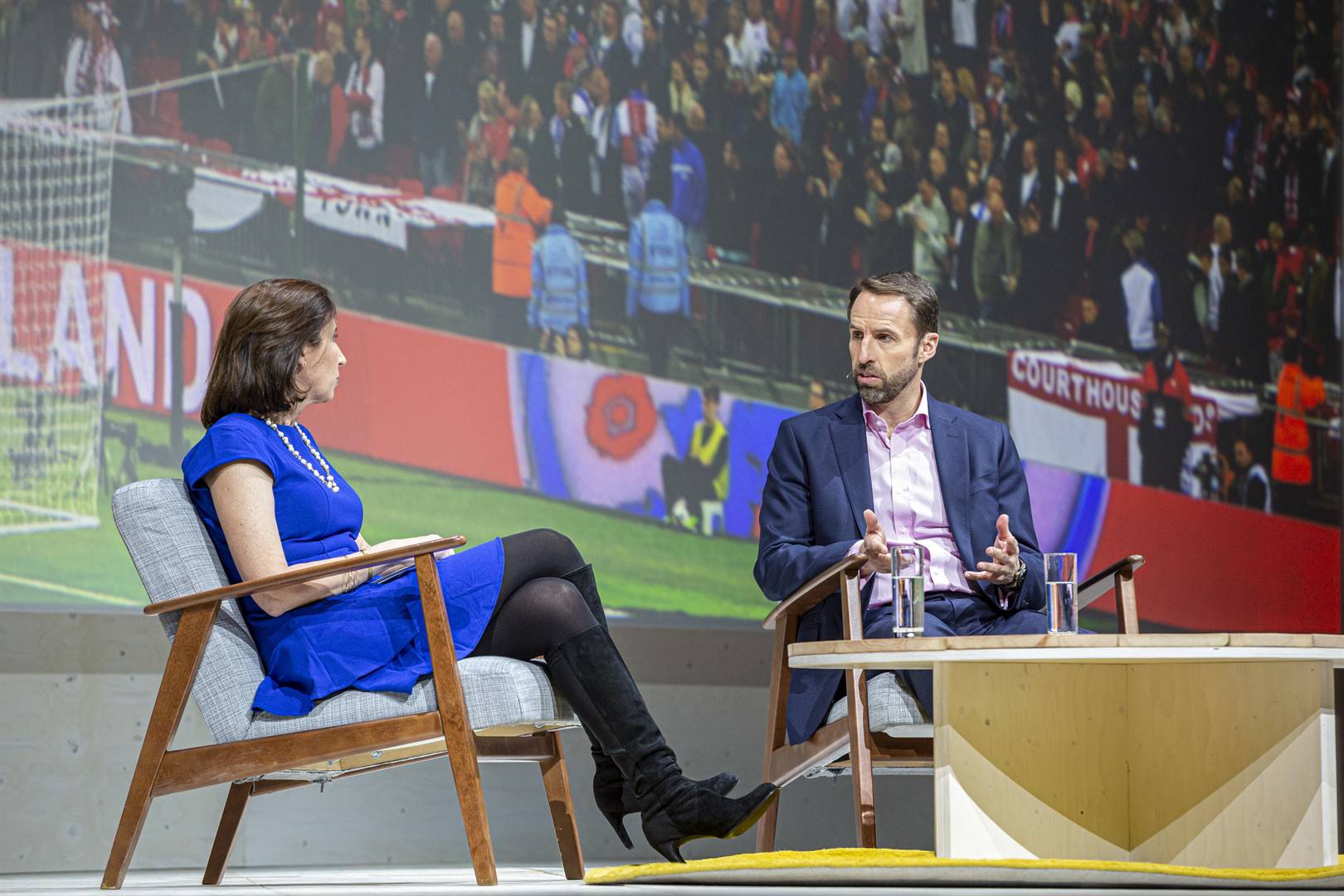
Penalty shootouts are the ultimate way of deciding a winner and a loser in football, and when it comes to spot kicks, England have the worst record of any nation with five shootouts to their name.
The Three Lions have made it to 10 competitive penalty shootouts in the past 29 years and have lost all, bar three, during that period – with two of their wins coming in the past 16 months.
In fact, the last time England’s national team won a shootout prior to last year's World Cup, manager Gareth Southgate was plying his trade as an international footballer in his first major tournament.
England had made it through to the semifinals of Euro 96 via their maiden win in a shootout, before Southgate’s infamous missed penalty kick in that game against Germany began what would become international football’s worst shootout losing streak – seven consecutive losses on penalties.
But it was also under his tutelage that England broke this streak 22 years later and ended up in fourth place at the World Cup in Russia last year, equalling their best ranking since their first penalty shootout at the 1990 World Cup - which they lost.
Southgate reminisced for a moment on this at the Google Cloud Next 2019 convention, which was held in London recently. The convention covers the latest in cloud infrastructure, devices and machine learning environments from a Google perspective.
Before stating his philosophy that penalties are not just a lucky draw, he said with a wry smile: “I have some experience in penalty shootouts, as some people in the audience are aware. What’s clear to me is that [a spot kick] isn’t a case of luck; it’s about performing a skill under pressure.”
Before beating Colombia in last year’s World Cup, and going on to win against Switzerland – via penalties – in the Nations League this year, Southgate said his team was fully prepared for the spot kicks.
“If the game goes beyond 90 minutes ... plenty of work has gone on for that eventuality,” he said at the time.
That work, he said, came out of masses of data collected on all players and all previous penalty kicks, enabling management “to tap into and share with the players and staff to prepare us in the best way possible”.
So, to prepare his team to maximise their opportunities and minimise the noise, said Southgate, England “were able to analyse thousands of penalty kicks, preferences, traits for outfield players and for goalkeepers – and to share all of that across our analysis and performance teams”.
Making players take penalty kicks after every practice, when their legs were close to crumbling or their focus might be waning, was another method that Southgate introduced to his training sessions. This was in stark contrast to previous coaches, who were of the opinion that “you can’t reproduce the pressure” or the fatigue of players.
But how exactly did the English Football Association (FA) and Southgate’s team use big data, video analysis and machine learning to take their penalty shootouts from failure to success?
Data and cloud storage take over penalty kicks
At the Google Cloud event, a rudimentary kick demonstration was set up to explain this, as well as how big data can help improve penalty kicks. This basic foundation was said to be used to set up more complex and extensive data analysis that could tap into how long a player spends at the spot, how his oxygen intake and heart-rate levels correspond when approaching the spot, and even if there was a telltale sign indicating which way the player would kick the ball.
Kicks were analysed for accuracy - in relation to where the targets were; how powerfully a player kicked the ball compared with other participants; and how a player’s style compared with that of others who kicked the ball at the event.
This video intelligence and tagging of data points usually requires lots of time and human resources. However, with machine learning it can now be done faster and more cost effective while providing insights not visible to the naked eye.
A goalpost with two targets situated on the top corners was constructed and a ball was placed a few metres away. Each person had three shots to try and hit the targets while three smartphone cameras faced the goal, the kicker and the side view, tracking the various data points.
These phones then sent the data to a ready-made cloud storage house where cloud functions analysed the data through machine learning products that, through BigQuerry - which enables interactive analysis of massive data - outputs a visualization of where your kicks ended up.
More than 1400 kicks were recorded during the two-day event and all were plotted in real-time on a map of the goal mouth.
For this demo Google also brought in data of 1500+ penalty kicks from professional footballers obtained from club and international penalty kicks courtesy of Opta. These attempts on goal were plotted on a goal mouth map with the red crosses denoting saved or missed penalty kicks.
From this data a heat-map of the professional penalty kicks and where, around the goal mouth, goals were most likely scored was created. This heat-map was then used "to give an idea of how likely your kick would be to score in a "real" professional setting, based on location alone," Google’s data document said.
The power behind a fully integrated and prepared data analysis system can be gauged from this rudimentary kick demo in that any available data sets can be tapped into and overlayed with other relevant data points to improve a player's performance.
But the next level of data collecting and usage is in real-time analysis, where football's governing body has in last year allowed teams to take a smart device or tablet into the dugout and analyse the match without the need of going back to a computer and uploading content and waiting for it to process to provide you with insights.
“For example, if we are defending a set-piece and we didn’t concede, we also see if everyone carried their roles out, were people in the right positions and you can get that data immediately to the team before the next corner,” Southgate says.
Southgate said this information was available before, but it had to be communicated to the dugout and then to the players on the field. Now it could be done with more fluidity.
This technological change in mind-set, he says, was difficult for the FA because it “has historically been viewed as old men with blazers, out of touch with the rest of society”.
“When I took over [as England manager], there were no records of the past. There weren’t even written reports of what had happened in tournaments to be able to pass on those learnings. Now, everything we do is stored and shared” – on Google, presumably.
The four-year partnership which officially began in May between Google and the FA brings England's oversight body into a new technical phase in terms of developing a new player profile system to measure athlete performance. To this end, the FA will be “leveraging Google Cloud smart analytics and data management solutions to measure performance, fitness, training and the form of players at all levels. That real-time data will better inform coaches during the decision-making process.”
Announcing the partnership, the FA said that the player profile system gathers about 23 million data points annually and combined with other information can produce about 300 000 statistics from 1300 players across 30 000 fixtures a year.
However, even with this influx of information Southgate was at pains to say that football has "a lot of random events, and some blips in the data you can read too much into."
“You can’t place too much emphasis on one piece of data, you need to see patterns over a period of time.”
Southgate said footballers and coaches alike should not be overwhelmed by this, but it should be used as part of focused training regimes.
“Ultimately, the players still have to have the nerve to put the ball on the spot and execute.”
. Hussain was a guest of Google in London
 |
| ||||||||||||
| |||||||||||||




 Publications
Publications
 Partners
Partners




